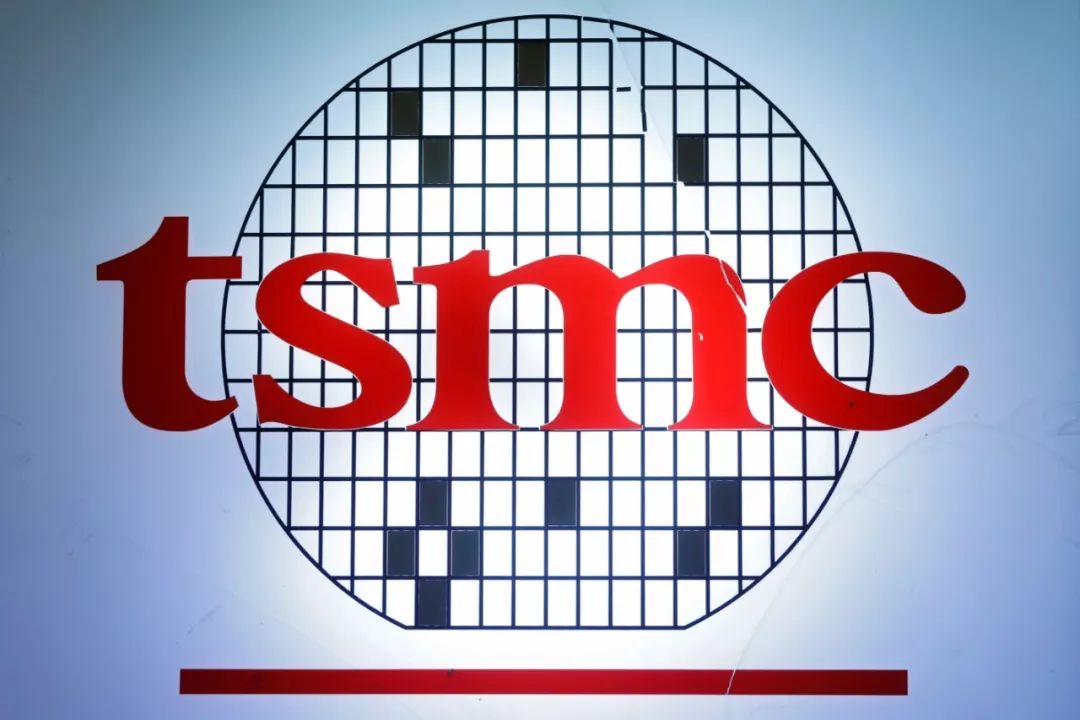This is the same problem the Soviet Union faced in developing microprocessors. Lack of a consumer market meant their scale was too small, so development, almost entirely for military purposes, was hugely expensive.TSMC Arizona deal is a big loser for TSMC. I expect it will go the way of the Foxconn Wisconsin deal --- nowhere.
The problem of the building a plant in the US is that you have to ship the chips to the appliance creators, which is in China anyway. So you just end up having the cost of the ocean transport to ship the chips to China for appliance assembly, then ship the appliance back to the US. The costs are always passed on to the US consumer.
Pentagon wants TSMC so they can make the chips there for the US military but the problem is the scale of the production, is that enough to offset the cost of the fab, or the fab costs are going to be passed to the chips.
Ironically, the US has a large consumer market, but being at the top of the food chain means American corporations will not touch activities with such low return-on-investment as semiconductor fabrication, so that even Intel has fallen behind. This is the problem with American manufacturing in general, yet after four years of screaming and "consciousness raising" over the problem, instead of fixing things, the US is demanding that TSMC, an asian corporation, accept its low position on the r-o-i totem pole, and even lower it, in order to defend American supremacy.
On the other hand, the US still has advantages which allow it to act in this way: it supplies or controls much of the equipment for IC fabrication, and it also controls TSMC's biggest customers outside of Huawei: Qualcomm, Nvidia, AMD, Apple, among others.

